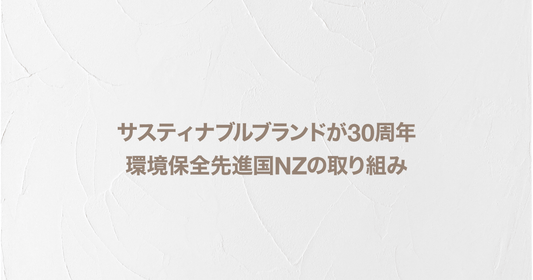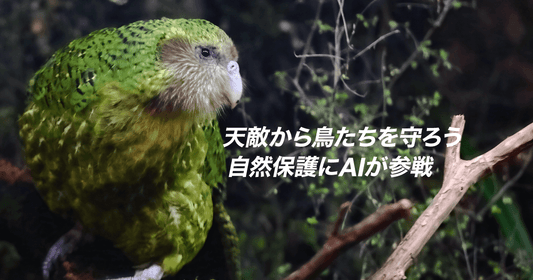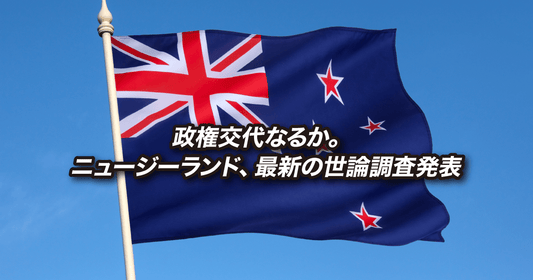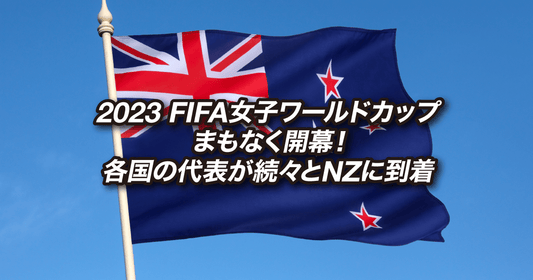
Spring is fast approaching in New Zealand, which is in the southern hemisphere, but this winter in New Zealand has been an unprecedented one with low numbers of influenza cases.
According to two systems monitoring the influenza situation in New Zealand, the number of cases has fallen by 99.8%, which is close to the point where influenza has almost disappeared.
New Zealand's efforts to prevent the spread of COVID-19, including lockdowns and social distancing, have led to the largest reduction in the number of influenza cases in more than 20 years.
Influenza season from April to August
New Zealand is in the southern hemisphere, so the seasons are the opposite to those in Japan. What is spring and summer in Japan is autumn and winter in New Zealand. The flu season is usually from April to August. Every year, about 20,000 people in New Zealand get the flu. And the death toll is about 400 to 500 people.
According to influenza expert Sue Hoang, the samples she collects to verify influenza epidemics usually show 5,062 positive cases. This year, however, there have been only six. Although there have been deaths among respiratory patients, it has not been confirmed that they were influenza, and it is speculated that there are zero deaths due to influenza.
Last year, there were 1,728 people hospitalized in the Auckland area with respiratory issues, including 385 who were influenza positive, compared with 529 this year. Of those, only three were also infected with influenza.
→ Coronavirus: The flu season that never was, thanks to Covid-19 response
→ Covid 19 coronavirus: Influenza numbers plummet due to lockdown
The whole country is at alert level 1
The new clusters of COVID-19 that had been occurring in Auckland since August have been contained without causing any major problems, so the alert level in Auckland has now been relaxed and the whole country is now at level 1. Masks and social distancing are no longer mandatory, and life is almost returning to the way it was before COVID-19.
Ahead of Halloween on the 31st of this month, children will be enjoying trick-or-treating as usual. However, experts recommend washing your hands frequently, limiting the number of houses you visit as much as possible, and keeping a record of where you go.
The Ministry of Health (Ministry of Health, Labor and Welfare in Japan) has also said that Halloween-related events are okay, but urged people to exercise discretion and caution when holding them.
Entry restrictions remain in place
New Zealand has been praised around the world for its response to the new coronavirus, but entry restrictions remain in place.
Currently, only citizens or permanent residents, or those with special permission from the government, can enter the country, and are required to immediately undergo 14 days of quarantine in a hotel in Auckland.
During this quarantine period, people are not allowed to leave the hotel regardless of whether they test negative or positive, but there has been a steady stream of people who have been unable to endure the situation and have escaped from the hotel to wander around the city, leading to arrests. Although the hotel's security is tight, it is not a prison, so it seems that some people still escape without thinking.
Currently, all positive cases in New Zealand are people who have arrived from overseas and are in quarantine, so there is zero community transmission.





